Your basket is empty.
Look like you haven't added anything to your cart
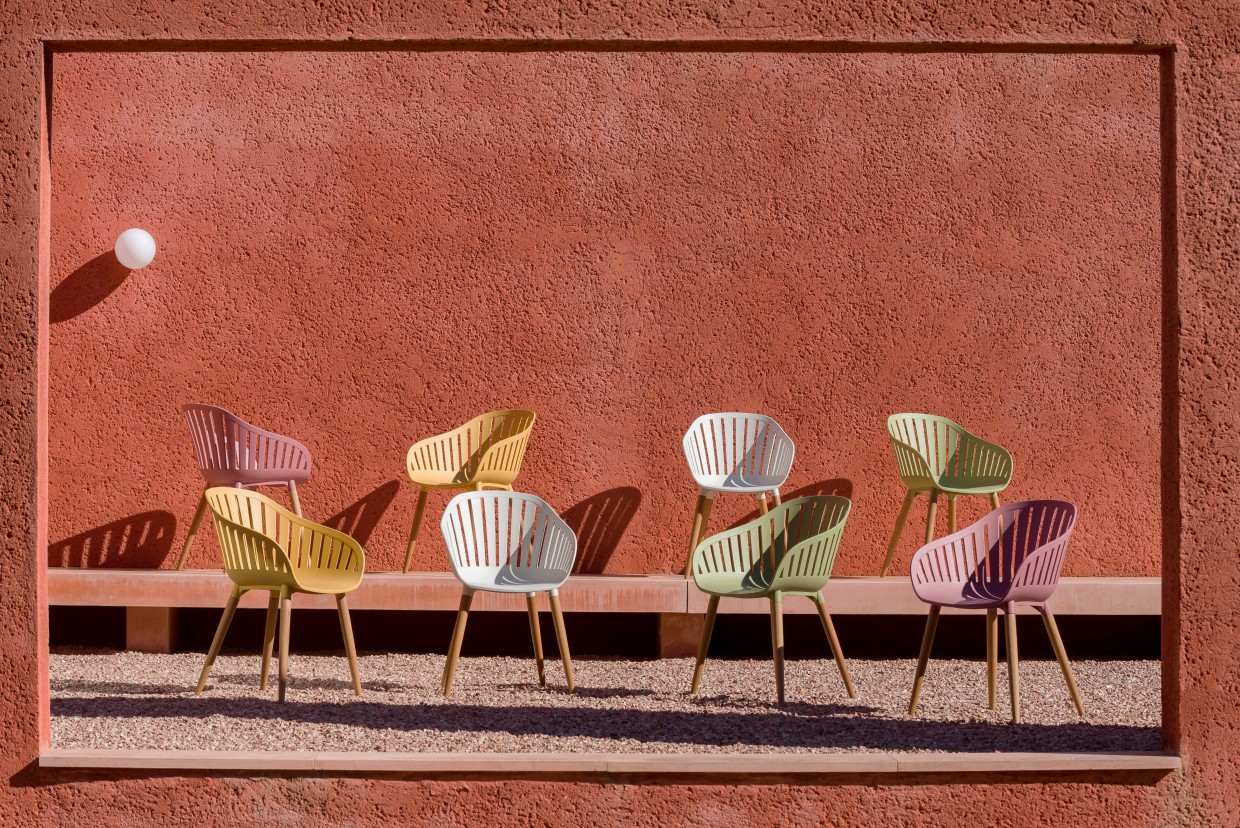
This World Environment Day (June 5th), we ask that you read labels carefully and recycling responsibly rather than getting caught up in the habit of ‘wishcycling’, where you dump it in the recycling bin and hope for the best. Rather than going on to re-born as something new, if this waste isn’t disposed of correctly, it puts further pressure on and contaminates other materials within the system, often ending up sent to landfill or in the ocean. With a few simple changes, you can make a difference.
We get it, many recycling labels are pretty confusing. Unless you’re ‘au fait’ with all the terms and symbols, it’s not always an easy code to decipher. However, there are resources out there to help you understand what the labels mean and how to handle your rubbish. Plastic symbols are probably the most puzzling of all but there is logic behind what the numbers mean, as the digit simply tells you what type of plastic material it is and you can then look up whether that can be recycled locally.
Other recycling symbols are explained here. If you don’t want to have to keep referring to websites, print these helpsheets out and keep them near your bin, so you can check quickly.
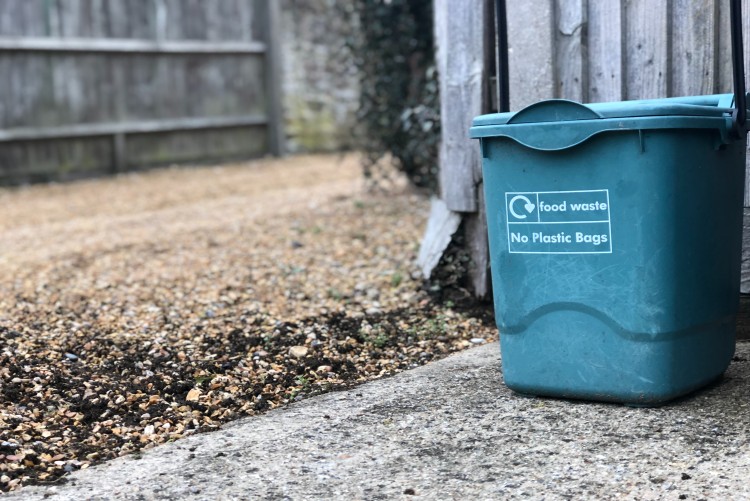
You’ve translated the labels but now you have to work out if your local council actually recycles the materials you’ve got. Not all boroughs are the same, so you need to find out what your local authority will accept in your recycling bin. Luckily, we’ve made that job really easy for you. Just type your postcode in here, select which bin you’re enquiring about and all will be revealed.
There are still a number of items that aren’t accepted in any kerbside collections, which is where you need to be a bit more pro-active because there are organisations and recycling centres out there that can help. In fact, most local supermarkets now offer collection for flexible plastics, like carrier bags and compost bags, which are not typically taken in household recycling. They are also required to offer collection points for batteries. Recycle Now has very helpfully put together a list of locations for all other items. Just type in your postcode and what you want to recycle on the website and you’ll be given details of several facilities closest to your home. You can also find this information on our website to help when looking to recycle your furniture.
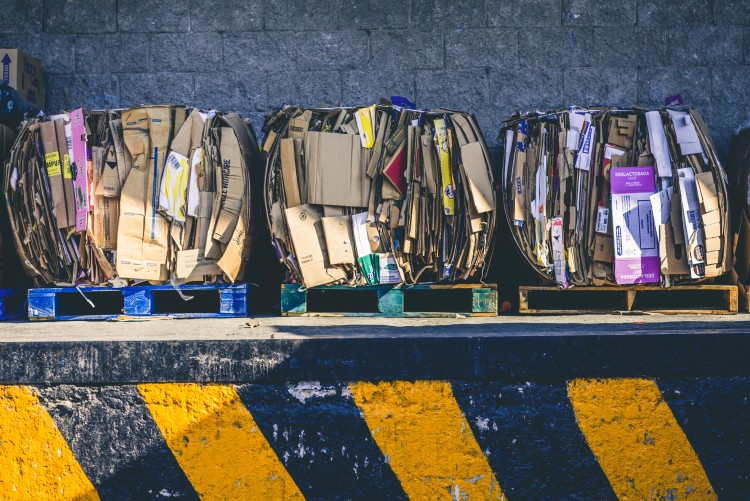
Wishcycling can damage sorting systems at facilities and can contaminate other recyclable items, so think carefully before you add to your kerbside collection. Some of the most common items put into household recycling bins that shouldn’t be are crisp packets, toothpaste tubes, plastic bags, dirty takeaway boxes (including pizza boxes which can be recycled but only if they’re not too greasy) and juice cartons. Some of these items are too contaminated to be recycled but others can be processed easily at other local recycling centres, so check Recycle Now if you’re unsure.
You don’t need to spend hours washing everything with soap and water but it does make things more likely to be recycled if you have given things a quick rinse before you put them in the bin. That way leftover food residue won’t ruin your other recycling. This handy A-Z of recycling tells you what can be recycled and how to do it properly, from rinsing and replacing lids, to leaving labels on or ensuring you have removed all remnants of plastic film.
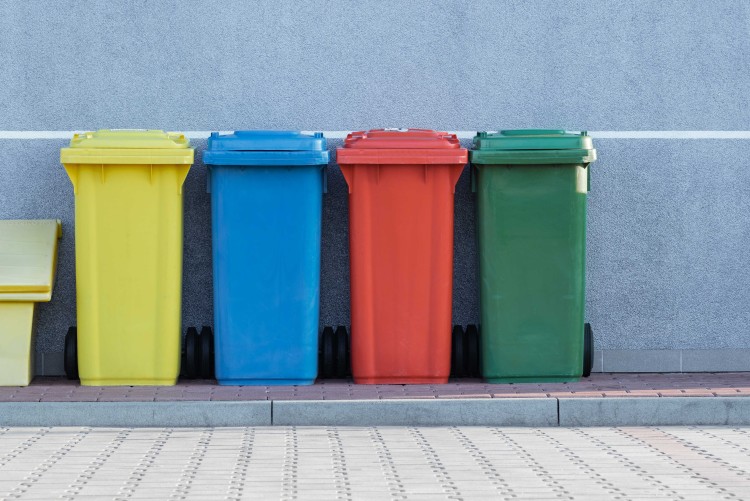
Also, please do recycle your food waste and garden waste in the relevant bins – making sure no plastic or glass accidentally finds its way in there – because this green waste plays an important role in making composts, as we move away from the use of peat. Of course, you could get your own compost bin in the garden and make your own organic compost at home. It’s much cheaper than buying bags of the stuff, means you won’t have to worry about recycling the plastic bags the shop-bought compost comes in, and you know exactly what went into it. It’s a win/win and you can even get compact models if you’re short of space.
Let’s keep that circular economy turning but making responsible purchasing decisions. With so many options available now, it really isn’t that difficult. Companies will want to flag up the fact that their product or packaging contains recycled material or that it can be recycled again once used, so just keep an eye out for that messaging on packaging or promotional material and it’s just a quick decision to go for that item instead of one that will end up in landfill.
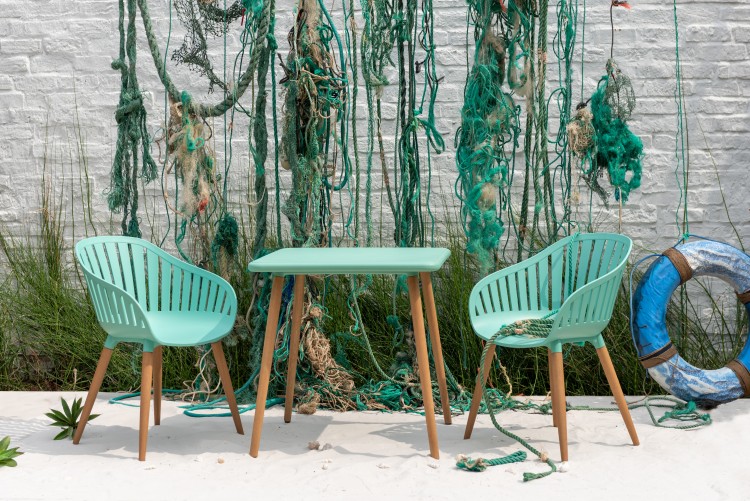
For example, Colgate Smile For Good toothpaste comes in a recyclable tube, so think twice about picking up one you know will end up in a rubbish bin; whilst supermarkets offer shopping bags made from recycled plastic bottles – a far better choice that one made from virgin materials and that might end up in landfill. Even gift giving can be done more responsibly if you opt for cards and wrapping paper that aren’t covered in glitter, coated in shiny plastic or foiled, that would otherwise make them non-recyclable. A host of attractive recycled and recyclable cards and wrapping paper are widely available in place of other less environmentally-friendly options, which you can take up a notch with adhesive paper tapes or plant-based Sellotape instead of plastic versions.
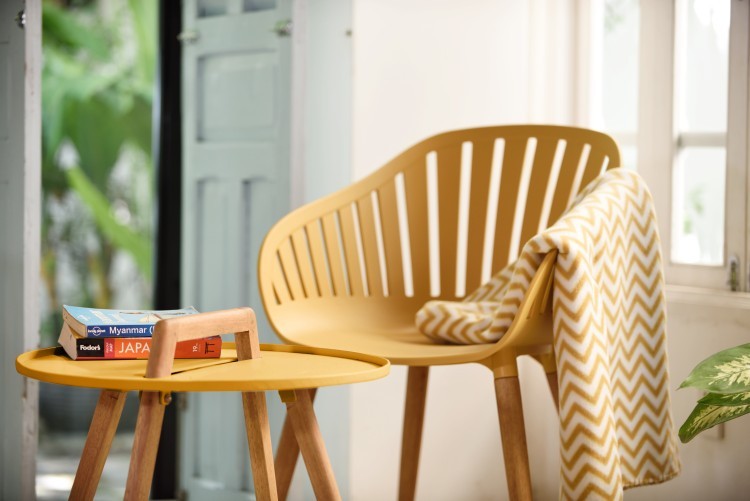
Don’t buy into fads with unethical ‘fast furniture’. Our stylish and sustainable Nassau collection – endorsed by Eden Project – utilises game-changing recycled plastics to help clear the world’s oceans and waterways of waste, whilst providing durable and long-lasting furniture that you can enjoy for years to come. It’s still chic and modern but it won’t last just 5 minutes, Social Plastic® – in partnership with Plastic Bank – is manufactured from recycled ocean waste and plastic pollution in developing countries, and DuraOcean® is manufactured with recycled ropes from the maritime industry, both materials are 100% recyclable at the end of its life. We are particularly proud of the difference Nassau DuraOcean® and Nassau powered by Social Plastic® makes to our planet, as we get ready to mark both World Environment Day (June 5th) and World Ocean Day (June 8th) this month.
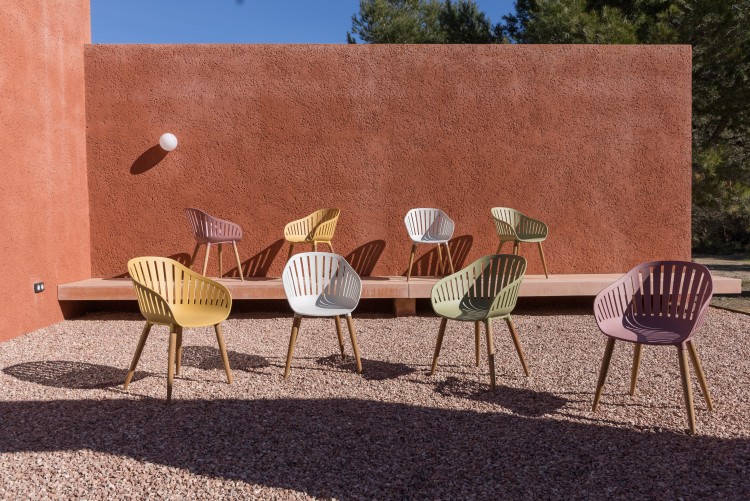
The biggest problem of all is the inability to curb the people’s use of plastic. Of course, firms should be doing more to reduce plastic in their products and packaging and also in encouraging consumers to make the change but, sadly, we’re not there yet. In the meantime, it’s up to you to cut down.
Buy your fruit and veg loose rather than packed in plastic bags and punnets; get yourself a re-usable water bottle and carry it with you; if you want like sparkling water, opt for glass bottles rather than plastic; steer clear of cling film, when you can use alternatives like compostable food wrap or beeswax wrap; explore refillable soap and cleaning products for your home, such as Faith in Nature, Smol, Ecover and Method; and, if you have a coffee machine at home or work, choose compostable or recyclable aluminium coffee pods rather than plastic counterparts.